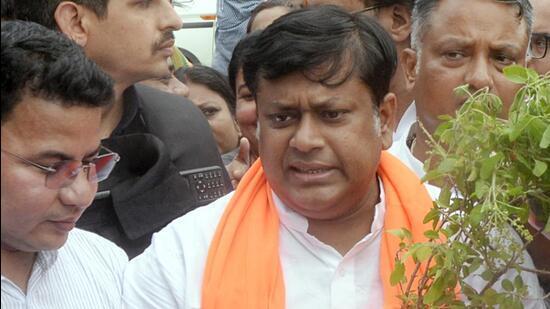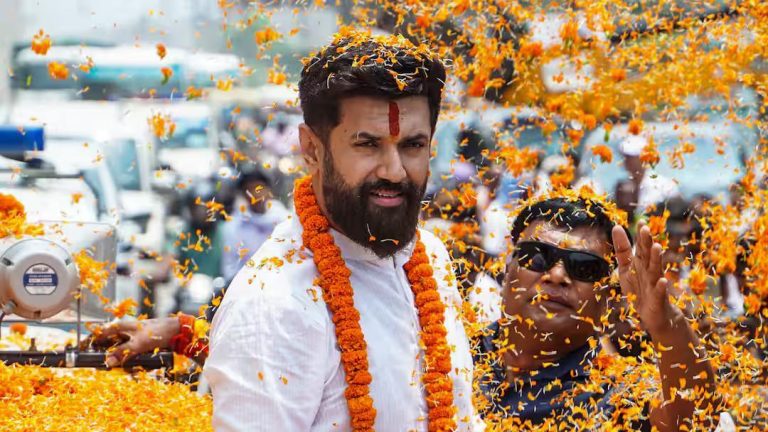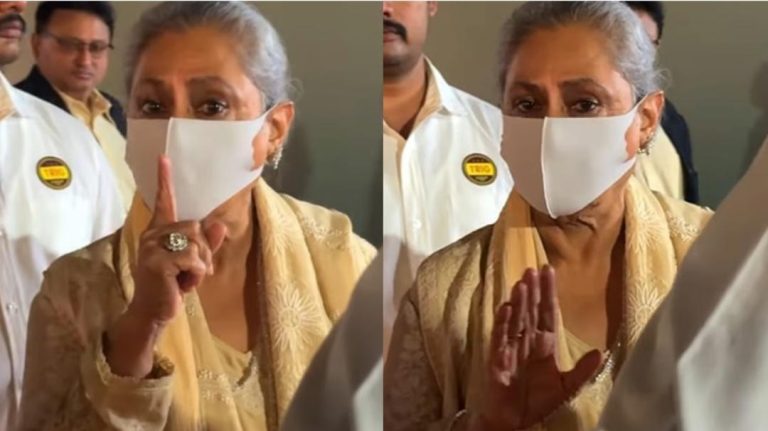
BJP’s Sukanta Compared WB’s Law & Order to Sex Workers: TMC
In a shocking and reprehensible statement, Union Minister and BJP leader Sukanta Majumder has sparked outrage by comparing the law and order situation in West Bengal to Sonagachi, one of the largest red-light districts in Kolkata. The Trinamool Congress (TMC) has strongly condemned Sukanta’s remarks, labeling them as “ugly, hate-fuelled” and “disrespectful” towards women and the poor.
Sukanta, who is a Minister of State for Culture and Tourism, made the distasteful comment during a public event, allegedly stating that the law and order situation in West Bengal is as bad as the conditions in Sonagachi. His remarks have been met with widespread condemnation from all quarters, with many terming them as “insulting” and “abhorrent”.
The TMC, in a strongly-worded statement, slammed Sukanta’s comments, saying that “behind all their slogans lies an ugly, hate-fuelled mindset that sees women as objects of abuse and insult and the poor as tools to be exploited or mocked”. The party accused Sukanta of using his position to spread hatred and vitriol, and urged him to apologize for his “shameful” remarks.
The TMC’s reaction was echoed by several other political parties and civil society organizations, who condemned Sukanta’s comments as “disrespectful” and “insensitive”. “Such statements are a reflection of the BJP’s ideology, which seeks to divide society on the basis of religion and gender,” said a spokesperson for the TMC.
The controversy surrounding Sukanta’s comments has also highlighted the ongoing political feud between the TMC and the BJP in West Bengal. The TMC, which has been in power in the state since 2011, has been facing intense pressure from the BJP, which has been trying to make inroads in the state.
The BJP has been accusing the TMC of failing to maintain law and order in the state, and of being soft on criminals. However, the TMC has rejected these allegations, saying that the BJP is trying to spread fear and misinformation to gain political mileage.
Sukanta’s remarks have also sparked a wider debate about the political polarization in the country. Many have questioned the BJP’s commitment to women’s empowerment and its stance on issues related to gender and sexuality. “The BJP’s actions and statements are at odds with its rhetoric on women’s empowerment,” said a women’s rights activist. “Such comments are a reminder of the party’s patriarchal and regressive worldview.”
In the midst of this controversy, it is imperative to recognize that Sukanta’s comments are not just an isolated incident, but are part of a larger pattern of hate speech and vitriol that has been on the rise in the country. The rise of social media has provided a platform for such hate speech to spread, and it is incumbent upon all of us to speak out against it.
As the political discourse in the country continues to deteriorate, it is essential to maintain a sense of civility and respect for all individuals, regardless of their gender, religion, or political affiliation. Sukanta’s comments may have been intended to provoke a reaction, but they have only served to highlight the need for greater sensitivity and empathy in our public discourse.






